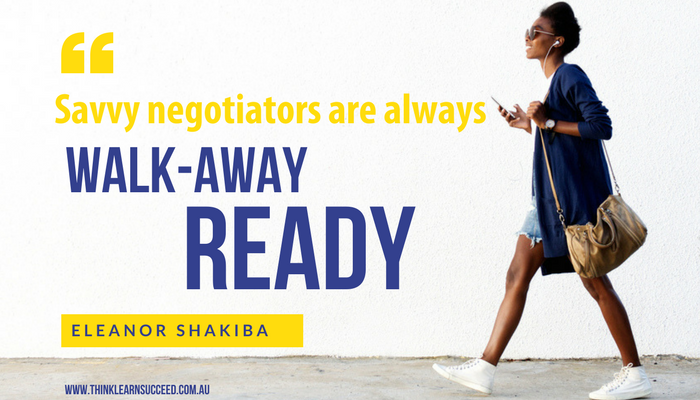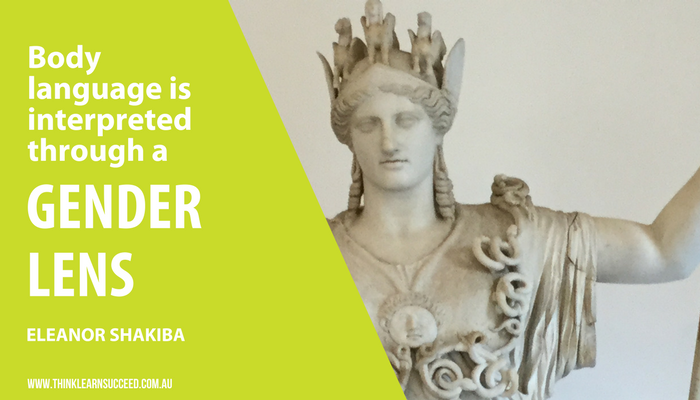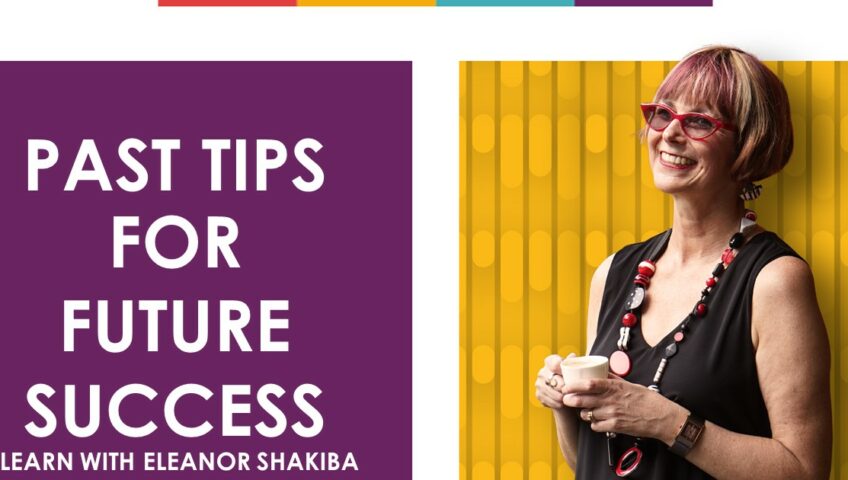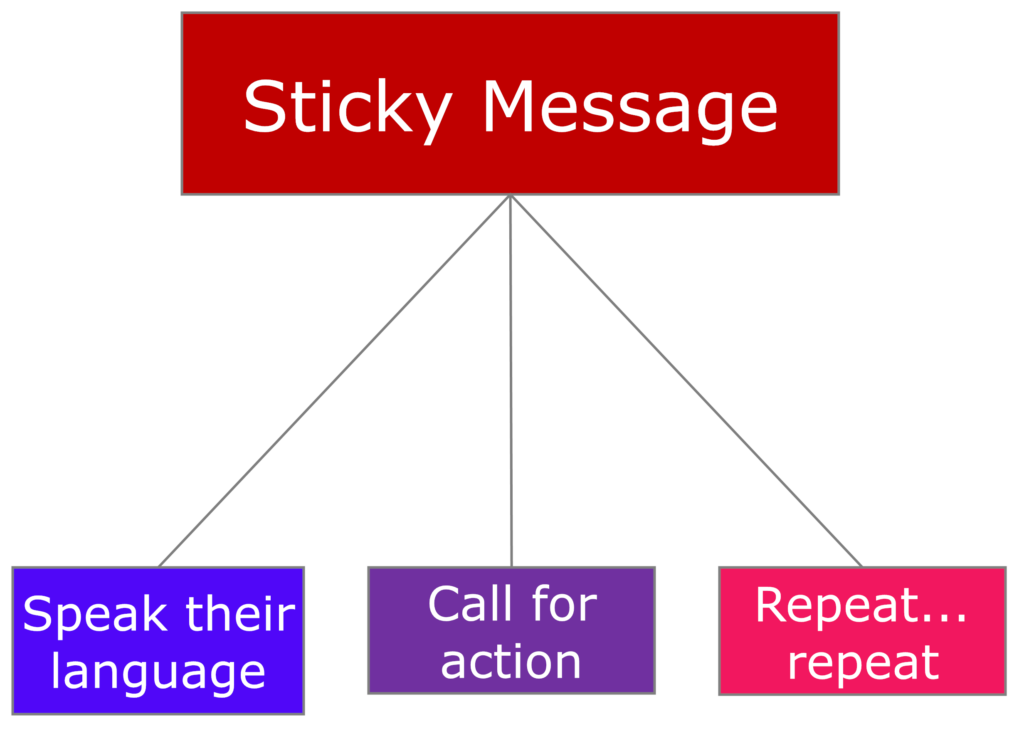
First-rate negotiators are adroit influencers. They know how to subtly guide their counterparts’ thinking by making smart linguistic choices. These are word choices that prime a listener to give a positive reaction. Think about the most influential people you know. I bet they’re skilled in the art of priming. They keep others on-side by framing their messages in positive and collaborative language. This means they get ‘yes’ responses more frequently.



 I love people-watching. As a trainer, of course, I have ample opportunity to do so. While groups are completing roleplays or activities, it’s my job is to observe their body language patterns and communication habits. Many years of closer observation have brought my attention to a problem which creates ‘glass ceiling moments’ for female negotiators. Here’s what I’ve noticed, when women step into senior roles, body language patterns that previously helped them in negotiation begin to backfire. For example, patterns of smiling frequently often can help a woman be successful in a junior role. When she’s attempting to negotiate as a leader, however, smiling too often will reduce her credibility and be perceived as an anxious habit.
I love people-watching. As a trainer, of course, I have ample opportunity to do so. While groups are completing roleplays or activities, it’s my job is to observe their body language patterns and communication habits. Many years of closer observation have brought my attention to a problem which creates ‘glass ceiling moments’ for female negotiators. Here’s what I’ve noticed, when women step into senior roles, body language patterns that previously helped them in negotiation begin to backfire. For example, patterns of smiling frequently often can help a woman be successful in a junior role. When she’s attempting to negotiate as a leader, however, smiling too often will reduce her credibility and be perceived as an anxious habit.
